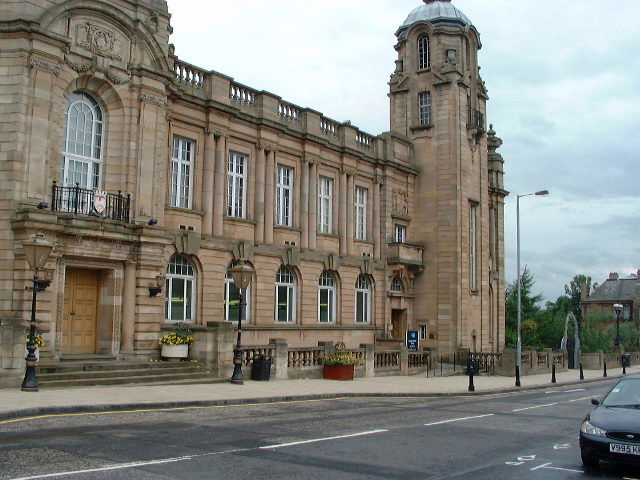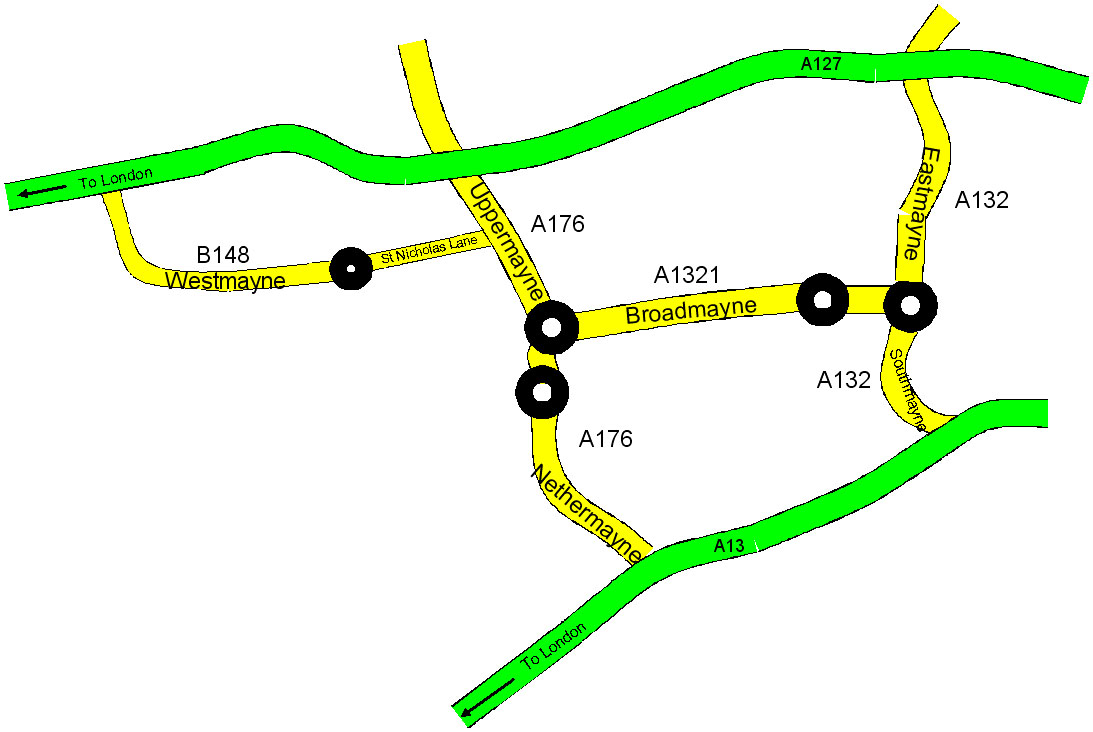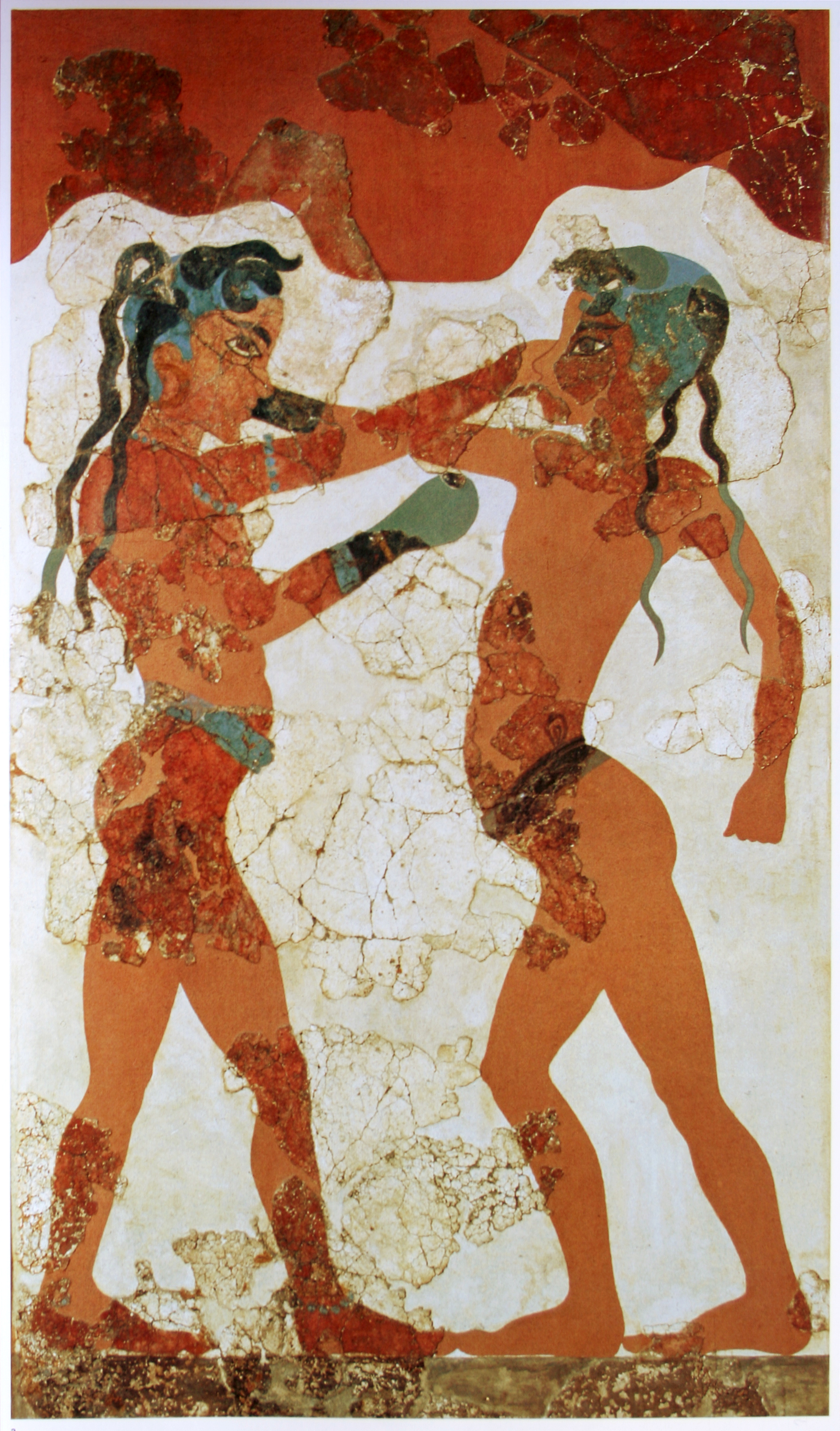|
Mark McManus
Mark McManus (21 February 1935 – 6 June 1994) was a Scottish actor. He has played roles in British television series '' Sam,'' '' Bulman, The Brothers, Strangers,'' and ''Dramarama'' and starred in the feature film '' 2000 Weeks''. He was best known for playing the tough Glaswegian Detective Chief Inspector Jim Taggart in the long-running STV television series ''Taggart'' from 1983 until his death in 1994. Career McManus was born in Hamilton, Scotland, and moved to Hillingdon in London, England when he was three years old, until he moved again at the age of 16 to Australia, where he performed in amateur theatre groups that led him to becoming a professional actor. He appeared in the children's TV series '' Skippy the Bush Kangaroo'' and had a guest appearance in the long-running Australian police drama '' Homicide''. He also starred in Tim Burstall's feature film '' 2000 Weeks'' (1969), which was the first full-length Australian-produced feature made in Australia since ... [...More Info...] [...Related Items...] OR: [Wikipedia] [Google] [Baidu] |
Hamilton, South Lanarkshire
Hamilton ( sco, Hamiltoun; gd, Baile Hamaltan ) is a large town in South Lanarkshire, Scotland. It serves as the main administrative centre of the South Lanarkshire council area. It sits south-east of Glasgow, south-west of Edinburgh and north of Carlisle. It is situated on the south bank of the River Clyde at its confluence with the Avon Water. Hamilton is the county town of the historic county of Lanarkshire and is the location of the headquarters of the modern local authority of South Lanarkshire. The town itself has a population of around 55,000, which makes it the 8th largest settlement in Scotland. It forms a large urban area with nearby towns of Blantyre, Motherwell, Larkhall and Wishaw. History The town of Hamilton was originally known as Cadzow or CadyouHamilton's royal ... [...More Info...] [...Related Items...] OR: [Wikipedia] [Google] [Baidu] |
Jedda
''Jedda'', released in the UK as ''Jedda the Uncivilized'', is a 1955 Australian film written, produced and directed by Charles Chauvel. His last film, it is notable for being the first to star two Aboriginal actors, Robert Tudawali and Ngarla Kunoth (later known as Rosalie Kunoth-Monks) in the leading roles. It was also the first Australian feature film to be shot in colour. ''Jedda'' is seen by some as an influential film in the development of Australian cinema and setting a new standard for future Australian films. It won more international attention than previous Australian films during a time when Hollywood films were dominating Australian cinema. Chauvel was nominated for the Golden Palm Award at the 1955 Cannes Film Festival but lost to Delbert Mann for '' Marty''. Plot Jedda is an Aboriginal girl born on a cattle station in the Northern Territory of Australia. After her mother dies giving birth to her, the child is brought to Sarah McMann, the wife of the station ... [...More Info...] [...Related Items...] OR: [Wikipedia] [Google] [Baidu] |
Basildon
Basildon ( ) is the largest town in the borough of Basildon, within the county of Essex, England. It has a population of 107,123. In 1931 the parish had a population of 1159. It lies east of Central London, south of the city of Chelmsford and west of Southend-on-Sea. Nearby smaller towns include Billericay to the north-west, Wickford to the north-east and South Benfleet to the south-east. It was created as a new town after World War II in 1948, to accommodate the London population overspill from the conglomeration of four small villages, namely Pitsea, Laindon, Basildon (the most central of the four) and Vange. The local government district of Basildon, which was formed in 1974 and received borough status in 2010, encapsulates a larger area than the town itself; the two neighbouring towns of Billericay and Wickford, as well as rural villages and smaller settlements set among the surrounding countryside, fall within its borders. Basildon Town is one of the most densely p ... [...More Info...] [...Related Items...] OR: [Wikipedia] [Google] [Baidu] |
Boxer (boxing)
Boxing (also known as "Western boxing" or "pugilism") is a combat sport in which two people, usually wearing protective gloves and other protective equipment such as hand wraps and mouthguards, throw punches at each other for a predetermined amount of time in a boxing ring. Although the term "boxing" is commonly attributed to "western boxing", in which only the fists are involved, boxing has developed in various ways in different geographical areas and cultures. In global terms, boxing is a set of combat sports focused on striking, in which two opponents face each other in a fight using at least their fists, and possibly involving other actions such as kicks, elbow strikes, knee strikes, and headbutts, depending on the rules. Some of the forms of the modern sport are western boxing, bare knuckle boxing, kickboxing, muay-thai, lethwei, savate, and sanda. Boxing techniques have been incorporated into many martial arts, military systems, and other combat sports. While huma ... [...More Info...] [...Related Items...] OR: [Wikipedia] [Google] [Baidu] |
The Independent
''The Independent'' is a British online newspaper. It was established in 1986 as a national morning printed paper. Nicknamed the ''Indy'', it began as a broadsheet and changed to tabloid format in 2003. The last printed edition was published on Saturday 26 March 2016, leaving only the online edition. The newspaper was controlled by Tony O'Reilly's Irish Independent News & Media from 1997 until it was sold to the Russian oligarch and former KGB Officer Alexander Lebedev in 2010. In 2017, Sultan Muhammad Abuljadayel bought a 30% stake in it. The daily edition was named National Newspaper of the Year at the 2004 British Press Awards. The website and mobile app had a combined monthly reach of 19,826,000 in 2021. History 1986 to 1990 Launched in 1986, the first issue of ''The Independent'' was published on 7 October in broadsheet format.Dennis Griffiths (ed.) ''The Encyclopedia of the British Press, 1422–1992'', London & Basingstoke: Macmillan, 1992, p. 330 It was pro ... [...More Info...] [...Related Items...] OR: [Wikipedia] [Google] [Baidu] |
Royal Court Theatre
The Royal Court Theatre, at different times known as the Court Theatre, the New Chelsea Theatre, and the Belgravia Theatre, is a non-commercial West End theatre in Sloane Square, in the Royal Borough of Kensington and Chelsea, London, England. In 1956 it was acquired by and remains the home of the English Stage Company, which is known for its contributions to contemporary theatre and won the Europe Prize Theatrical Realities in 1999. History The first theatre The first theatre on Lower George Street, off Sloane Square, was the converted Nonconformist Ranelagh Chapel, opened as a theatre in 1870 under the name The New Chelsea Theatre. Marie Litton became its manager in 1871, hiring Walter Emden to remodel the interior, and it was renamed the Court Theatre. Several of W. S. Gilbert's early plays were staged here, including ''Randall's Thumb'', ''Creatures of Impulse'' (with music by Alberto Randegger), ''Great Expectations'' (adapted from the Dickens novel), and ''On G ... [...More Info...] [...Related Items...] OR: [Wikipedia] [Google] [Baidu] |
Royal National Theatre
The Royal National Theatre in London, commonly known as the National Theatre (NT), is one of the United Kingdom's three most prominent publicly funded performing arts venues, alongside the Royal Shakespeare Company and the Royal Opera House. Internationally, it is known as the National Theatre of Great Britain. Founded by Laurence Olivier in 1963, many well-known actors have performed at the National Theatre. Until 1976, the company was based at The Old Vic theatre in Waterloo. The current building is located next to the Thames in the South Bank area of central London. In addition to performances at the National Theatre building, the National Theatre tours productions at theatres across the United Kingdom. The theatre has transferred numerous productions to Broadway and toured some as far as China, Australia and New Zealand. However, touring productions to European cities was suspended in February 2021 over concerns about uncertainty over work permits, additional costs and ... [...More Info...] [...Related Items...] OR: [Wikipedia] [Google] [Baidu] |
Daily Record (Scotland)
The ''Daily Record'' is a national tabloid newspaper which is published online also based in Glasgow, Scotland. The newspaper is published Monday-Saturday while the website is updated on an hourly basis, seven days a week. The ''Record'''s sister title is the '' Sunday Mail''. The title has been headquartered in Glasgow for its entire history. It is owned by Reach plc and has a close kinship with the UK-wide ''Daily Mirror'' as a result. The ''Record'' covers UK news and sport with a Scottish focus. Its website boasts the largest readership of any publisher based in Scotland. The title was at the forefront of technological advances in publishing throughout the 20th century and became the first European daily newspaper to be produced in full colour. For much of the last fifty years, the ''Sun'' has been the largest selling newspaper in Scotland. As the ''Records print circulation has declined in line with other national papers, it has focused increasing attention on expanding i ... [...More Info...] [...Related Items...] OR: [Wikipedia] [Google] [Baidu] |
Rogue Male (1976 TV Film)
''Rogue Male'' is a 1976 British television film starring Peter O'Toole, based on Geoffrey Household's 1939 novel '' Rogue Male''. Made by the BBC, it was adapted by Frederic Raphael, directed by Clive Donner and also stars Alastair Sim, John Standing and Harold Pinter. It was first broadcast on 22 September 1976. Plot In early 1939, before the start of the Second World War, Sir Robert Hunter (O'Toole) takes aim at Adolf Hitler with a hunting rifle, but hesitates to shoot and is spotted and tackled by a ''Schutzstaffel'' (SS) guard. Captured and tortured by the Gestapo, he claims that his aiming at Hitler was simply an intellectual exercise, to see if it could be done. Because of his high status in Britain, his captors intend to shoot him and disguise it as a hunting accident, but, because his body displays clear evidence of torture, they decide instead to throw him off of a cliff to disguise the signs. However, Hunter survives the fall, and, with the aid of a German fisherman ... [...More Info...] [...Related Items...] OR: [Wikipedia] [Google] [Baidu] |
Peter O'Toole
Peter Seamus O'Toole (; 2 August 1932 – 14 December 2013) was a British stage and film actor. He attended the Royal Academy of Dramatic Art and began working in the theatre, gaining recognition as a Shakespearean actor at the Bristol Old Vic and with the English Stage Company. In 1959 he made his West End debut in '' The Long and the Short and the Tall'', and played the title role in ''Hamlet'' in the National Theatre's first production in 1963. Excelling on the London stage, O'Toole was known for his "hellraiser" lifestyle off it. Making his film debut in 1959, O'Toole achieved international recognition playing T. E. Lawrence in ''Lawrence of Arabia'' (1962) for which he received his first nomination for the Academy Award for Best Actor. He was nominated for this award another seven times – for playing King Henry II in both ''Becket'' (1964) and '' The Lion in Winter'' (1968), '' Goodbye, Mr. Chips'' (1969), '' The Ruling Class'' (1972), '' The Stunt Man'' (1980), ... [...More Info...] [...Related Items...] OR: [Wikipedia] [Google] [Baidu] |
Ned Kelly (1970 Film)
''Ned Kelly'' is a 1970 British-Australian biographical bushranger film. It was the seventh Australian feature film version of the story of 19th-century Australian bushranger Ned Kelly, and is notable for being the first Kelly film to be shot in colour. The film was directed by Tony Richardson, and starred Mick Jagger in the title role. Scottish-born actor Mark McManus played the part of Kelly's friend Joe Byrne. It was a British production, but was filmed entirely in Australia, shot mostly around Braidwood in southern New South Wales, with a largely Australian supporting cast. Plot Ned Kelly is forced by police persecution to become a bushranger. He robs several banks and is eventually captured after the Siege of Glenrowan. He is hanged in Melbourne. Cast *Mick Jagger as Ned Kelly *Geoff Gilmour as Steve Hart *Mark McManus as Joe Byrne **McManus had previously played Dan Kelly in ''Ballad for One Gun'' (1963). *Serge Lazareff as Wild Wright *Peter Sumner as Tom Lloyd *Ken ... [...More Info...] [...Related Items...] OR: [Wikipedia] [Google] [Baidu] |
Ned Kelly
Edward Kelly (December 1854 – 11 November 1880) was an Australian bushranger, outlaw, gang leader and convicted police-murderer. One of the last bushrangers, he is known for wearing a suit of bulletproof armour during his final shootout with the police. Kelly was born in the then-British colony of Victoria as the third of eight children to Irish parents. His father, a transported convict, died shortly after serving a six-month prison sentence, leaving Kelly, then aged 12, as the eldest male of the household. The Kellys were a poor selector family who saw themselves as downtrodden by the Squattocracy and as victims of persecution by the Victoria Police. While a teenager, Kelly was arrested for associating with bushranger Harry Power and served two prison terms for a variety of offences, the longest stretch being from 1871 to 1874 on a conviction of receiving a stolen horse. He later joined the " Greta Mob", a group of bush larrikins known for stock theft. A violent co ... [...More Info...] [...Related Items...] OR: [Wikipedia] [Google] [Baidu] |







